We’re excited to introduce you to the always interesting and insightful Miguel Fernandez. We hope you’ll enjoy our conversation with Miguel below.
Miguel, looking forward to hearing all of your stories today. Is there a lesson you learned in school that’s stuck with you and has meaningfully impacted your journey?
As a professor and author, the most important lesson learned in school was to never just take a generic version of a class, but to seek out courses that remix required subject matter with something topical and relevant for current and near future career demands. For example, for my latest Masters in National Security and Intelligence Studies, I focused on strategies and skills for resisting Disinformation – something I now embed in all my freshman courses and a related subtopic of my co-authored book, Elementary: The Art and Science of Finding Information. Courses that combine a different field with the main academic class subject matter are usually called contextualized courses (academic courses where examples and case studies come from a specific field of interest) or learning communities (intentionally paired courses designed to meaningfully connect the information presented in each). Taking these types of courses can be a life-changer. How valuable was this lesson? For most of my 18 years as faculty with the Maricopa Community College District, I have taught learning communities or contextualized courses as the best type of class format available. This year, specifically, I am paying forward this “lesson learned” by teaching new freshman composition courses, ENG101 and ENG102, contextualized for topics in Cybersecurity, Drone and Applied Artificial Intelligence, as well continuing a learning community focused on resilience skills for those entering Health Fields. The highly relevant career field topics and skills cross-over of these ‘remix’ courses don’t just make the learning interesting for the students, but are a valuable way to prepare for fields of interest in the 21st century workforce.
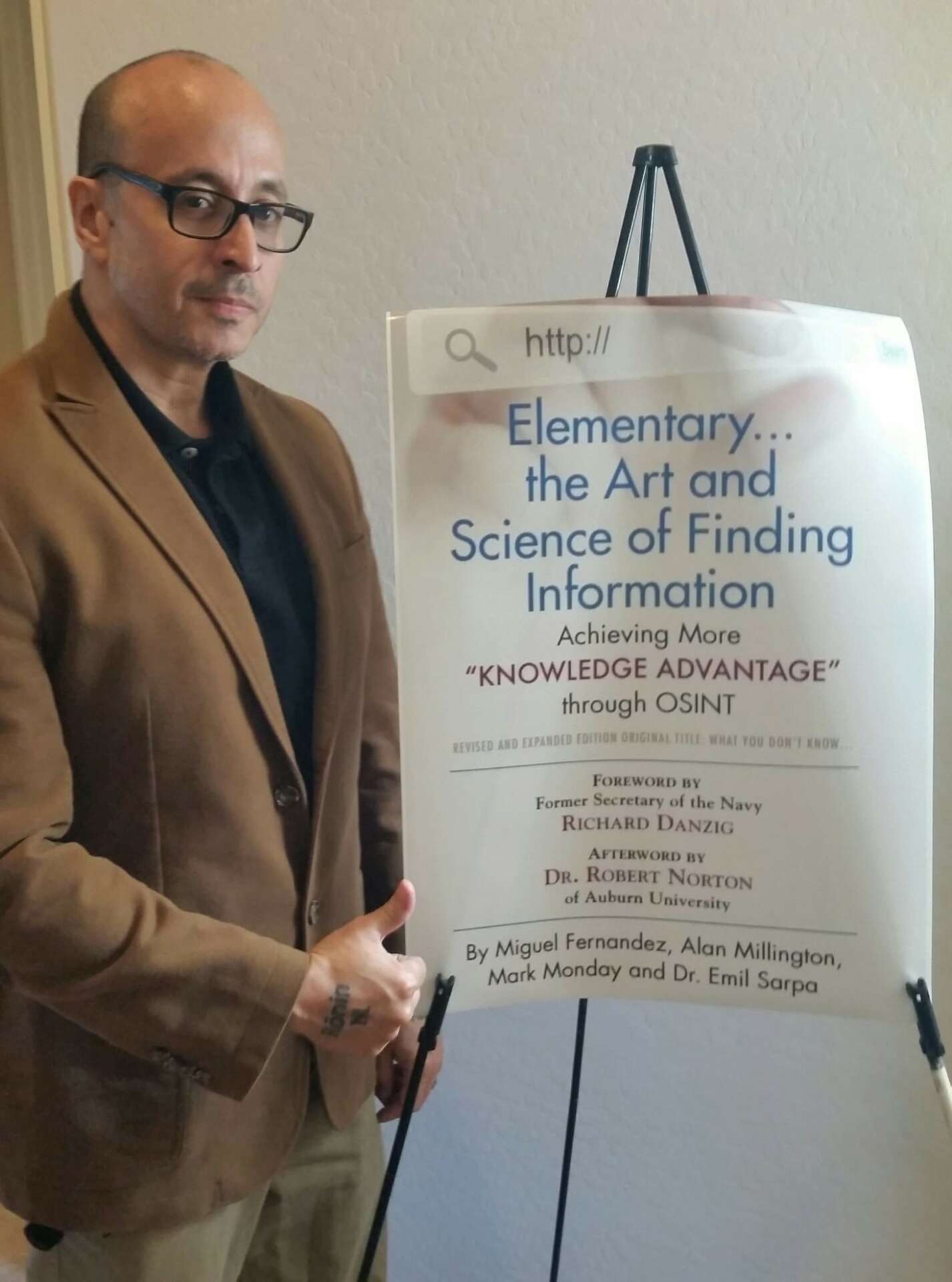
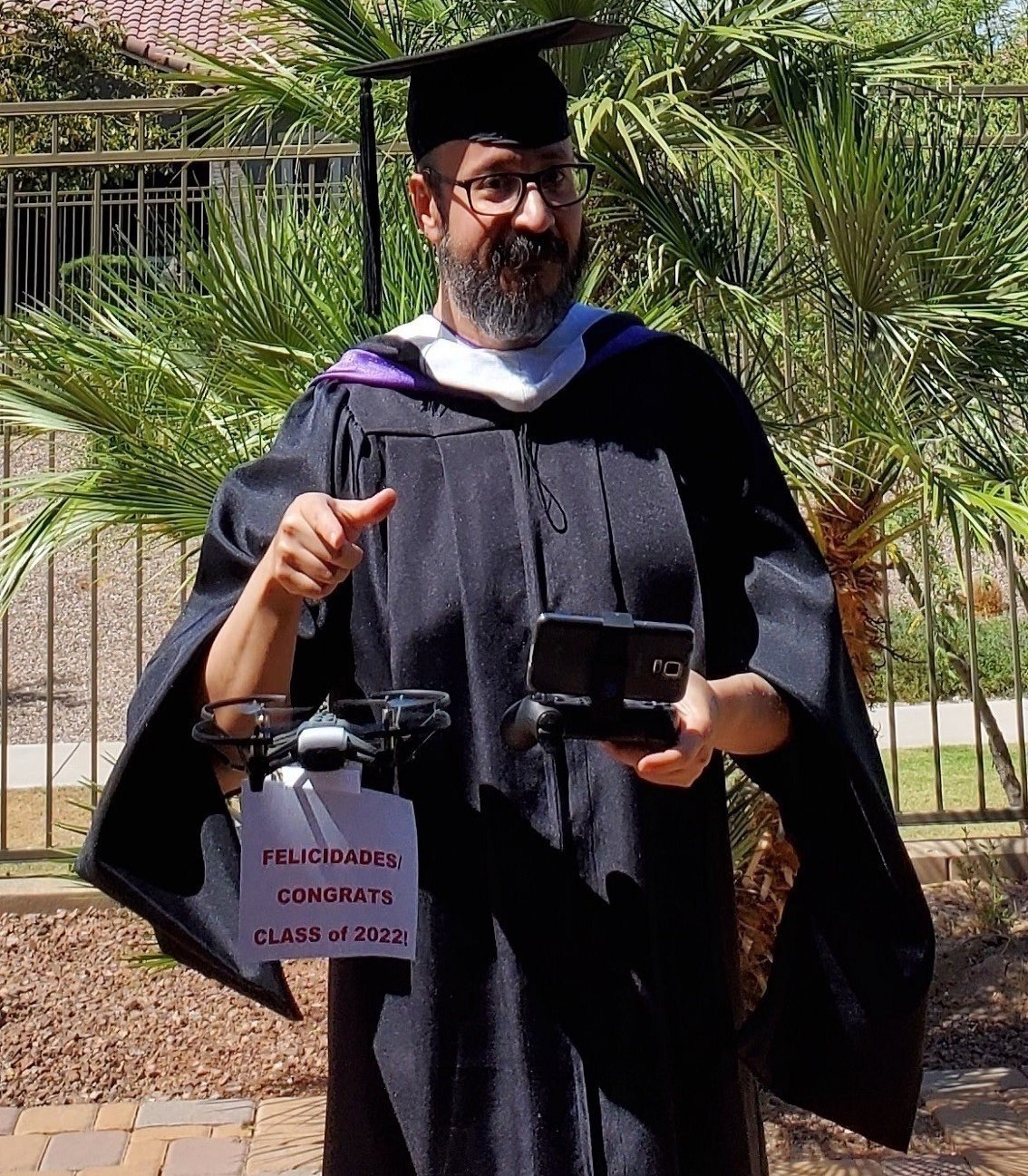
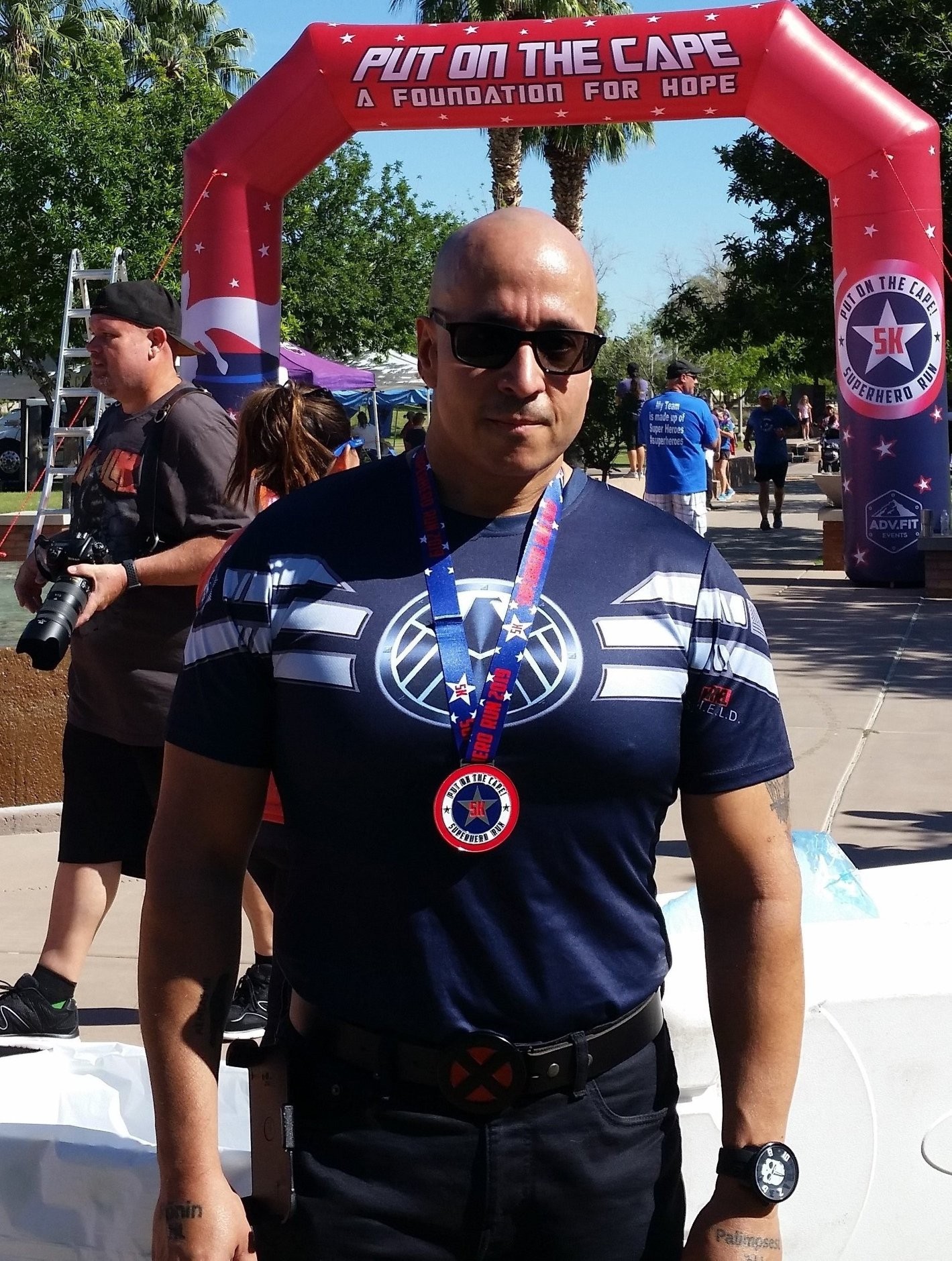
Miguel, love having you share your insights with us. Before we ask you more questions, maybe you can take a moment to introduce yourself to our readers who might have missed our earlier conversations?
My personal mission, as a first generation college student turned professor, is to reality-check, promote, and extend the real benefits of education from college to post academic life. A community college is an interesting place to work. When it succeeds at its mission, which is most of the time, the focus is on teaching and reaching students as individuals, often one on one, and on innovating with passion and intensity what is taught. When it falls short, it falls into the silo trap of seeing students only through the eyes of what we teach rather than as individuals who don’t want to be indoctrinated on how to be “us,” but want to learn from what we know, what we teach, as part of their plans for a bigger future.
Working hard to approach teaching as beyond the artificial divides of academic, occupational, skills, means for economic mobility, advising, mentoring and workforce is both what sets me apart and connects me to a community of like-minded faculty at Chandler-Gilbert Community College.
Working with veteran students as faculty liaison at Chandler Gilbert Community College the last 8 years (100% voluntary role) is one of the things I’m proudest of, along with getting email or visits from students 2-10 years after they took my classes sharing what worked and just as importantly, what lessons didn’t intersect reality. As a non-veteran, but with a debt of honor to a 6th grade teacher who was a veteran ( https://blog.ted.com/finding-mr-broderick-how-a-ted-talk-launched-my-search-for-the-teacher-who-changed-my-life/ ), I completed a sabbatical on best ways to help student veterans succeed and trained other faculty at various conferences on how to do this, accommodating how vet students learn without making exceptions to content or learning requirements. I even teach an introduction to literature course on the Veteran Experience, designed for non-veterans.
Bottom line: I want every student I encounter to have the same range of choices regarding career that I had. If you want to learn not just for grades — if you want to discover and explore pathways towards what you’re passionate about without accumulating tons of debt — the learning communities and contextualized courses of Arizona’s community colleges are hard to beat.


Have any books or other resources had a big impact on you?
Most of us don’t have access to a mindset coach, like the character Wendy Rhoades on the show Billions, to keep us sharp and feeling respected at work. However we can read Rebels at Work by Lois Kelly and Carmina Medina for a taste of that type of guidance.
For any employee tired of not being heard at work, who has ever felt the frustration of sensible ideas or warnings getting ignored because of short-term only thinking, for anyone not sure how to suggest and lead change without being branded a problem or ‘more work creator’ by the status quo clique of work politics operators — the book Rebels at Work is worth reading. The authors, Carmen Medina, a former CIA deputy director of Intelligence facing a highly formal and protocol-driven organization, and Lois Kelly, a communications and marketing strategist experienced working with a variety of corporate and entrepreneurial clients, share through stories and advice ways to have an impact without burning the bridges necessary to sustain your initiatives or invoking social retaliation by the bro culture or mean girl power brokers and imposter syndrome types of the workplace. The key ideas pivot on how to manage yourself, not rail against existing problems, but present ideas as mission focused (Good Rebel) versus me focused (Bad Rebel). The language, navigation, and appeals that work for dealing with different workplace types is presented through anecdotes and tips on recognizing what motivates the different types of gatekeepers. Basic tactics and behavior such as knowing when to email an idea to yourself (to dissipate frustration) and sit on it until it is a better time to bring it up, as well as how to deal with cascading conversations and controversy your suggestions may create, are presented directly and indirectly in a clear to read and understand way. It even covers how good rebels become bad rebels and troublemakers as they get disillusioned — and how to avoid this — for both the ‘rebel’ themselves, and for the manager or business owner about to lose a good employee. A look at their blog is a great overview of their approaches from the book: https://www.rebelsatwork.com/
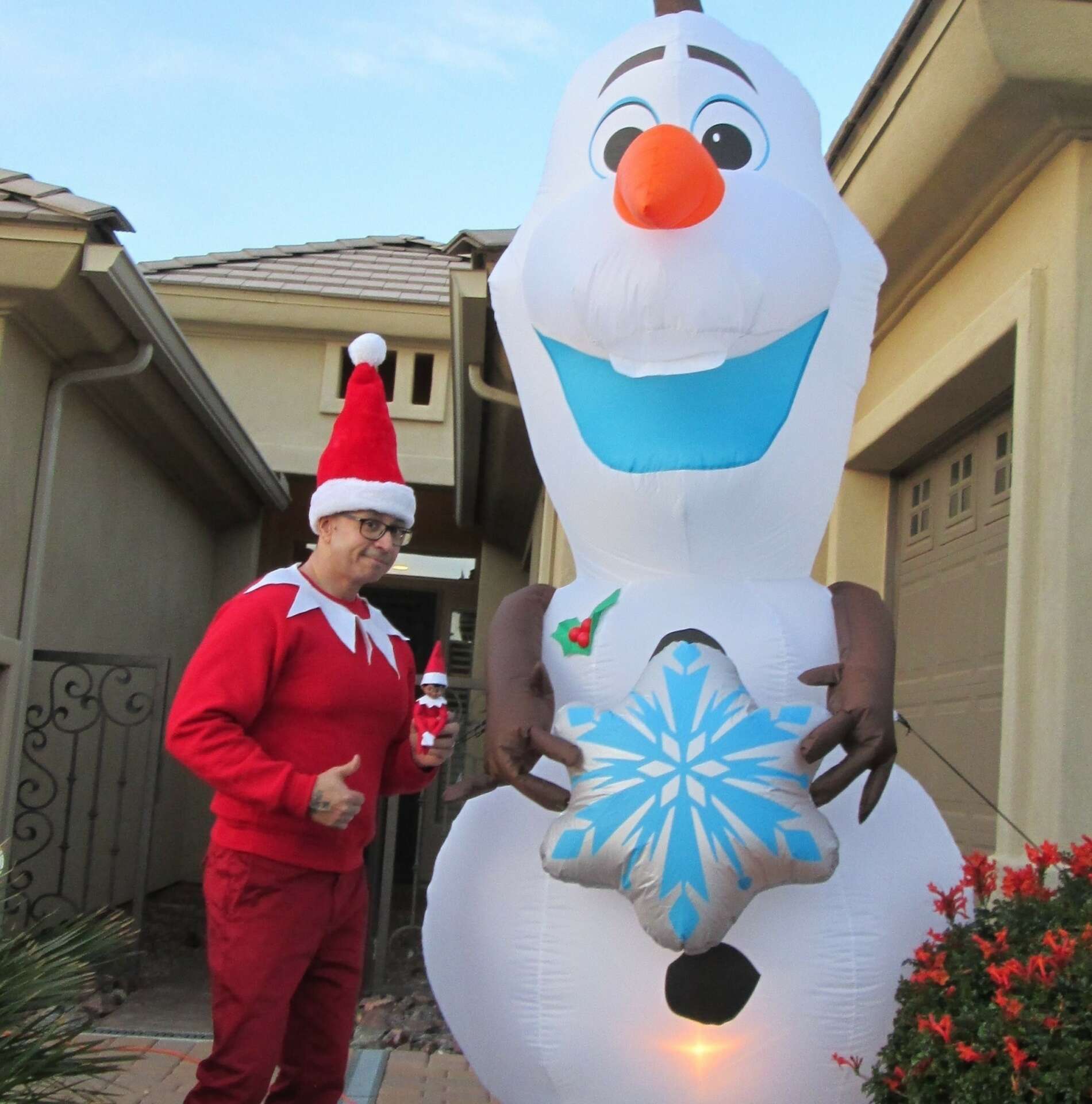
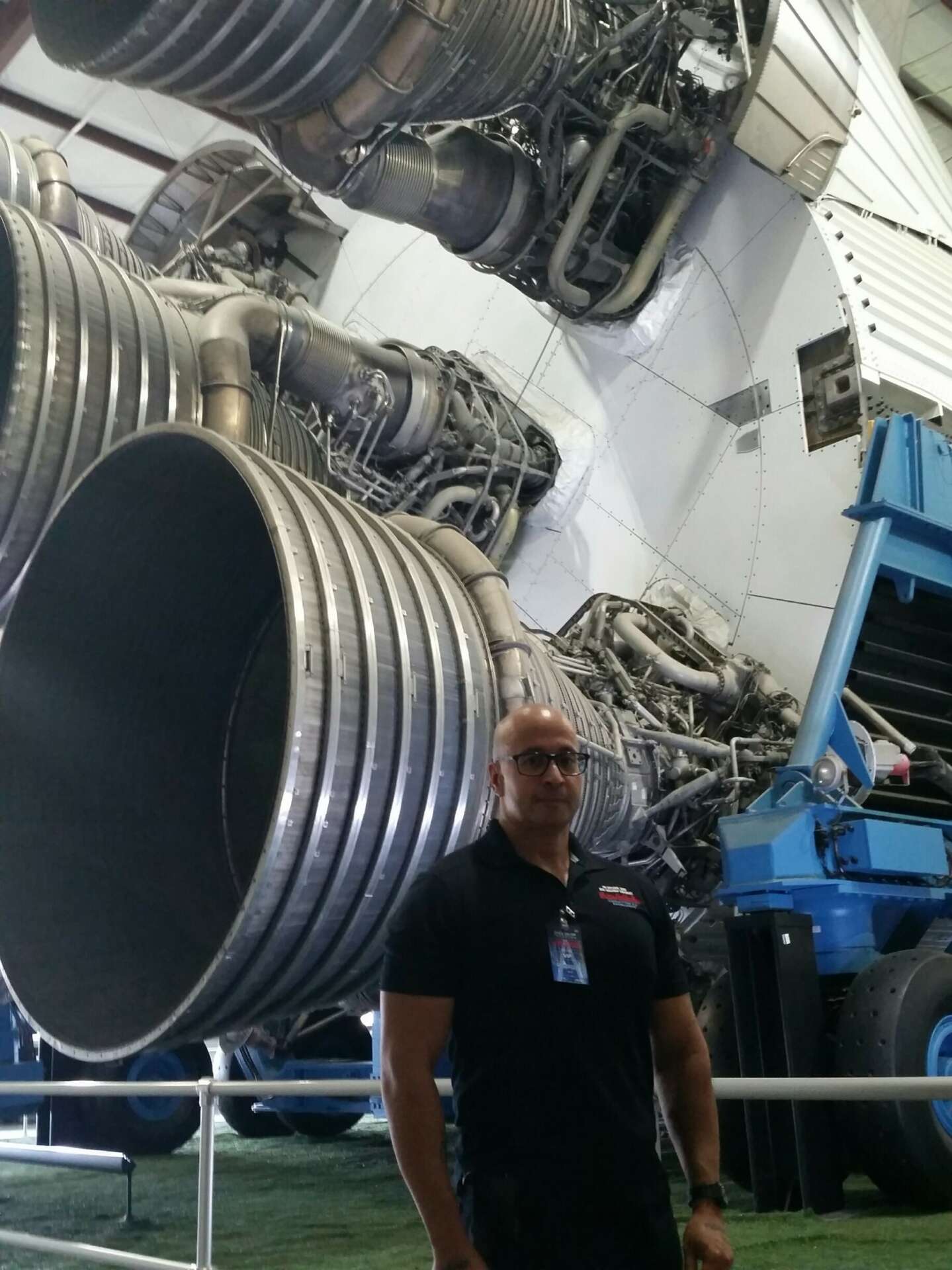
Any stories or insights that might help us understand how you’ve built such a strong reputation?
Most people don’t think brand and reputation are concepts that apply in academia, but they would be wrong. Partnerships, opportunities, even the ability to offer interesting courses with the hopes that the course fills with students trusting they will learn relevant material, is, to some degree, about reputation.
Key to a solid reputation includes reality checking content and student support needs against both workforce and student real world needs and practices, and when possible, allowing some student participation in content choices. This has to be done all the while not lowering the bar on quality of expected work. Adapting to student-as-customer needs while maintaining integrity is not that difficult, just requires thinking from the student/customer point of view. For example, understanding my nursing students don’t have time to do office hours during the day means listening to that need, adapting to it, and having an at least a once a week online office hour at 11pm. If an 11pm office hour is a minor inconvenience to me, it’s a make or break for ability to ask questions during office hours, especially as follow up to homework and assignments, for nurses and many other working-learners.
The other factors for positive reputation making are basic, common sense: 1) follow through; 2)do not over promise; 3)learn from my peers, especially those from different disciplines; 4)stay current to the real world situation (why I, an English teacher, completed the Aspen Institute/Center for the Future of Arizona Greater Workforce Fellowship, the only faculty member in the 2022 cohort); 4)give examples of strong and weak work (HW and writing); and 5)model the workload: I ‘do’ the assignments I give students to be able to understand the reality of deadlines and whether an assignment encourages learning, or just encourages figuring out what the teacher wants for a good grade and then doing only that as fast as possible.
Rounding up basic reputation building practices, is learning from honest feedback from students as not just something to do after a course is completed, but as a vital assessment at the midway point of a course, to judge pacing and learning. Learning ‘better practices’ from my departmental peers, and just as importantly, emailing a voluntary ‘ask’ a year or so after completion for ‘alumni’ feedback, as they enter the work world and hopefully apply their learning, closes out not just steps for building a good reputation, but ways of sustaining it at work (in the classroom) and beyond.


